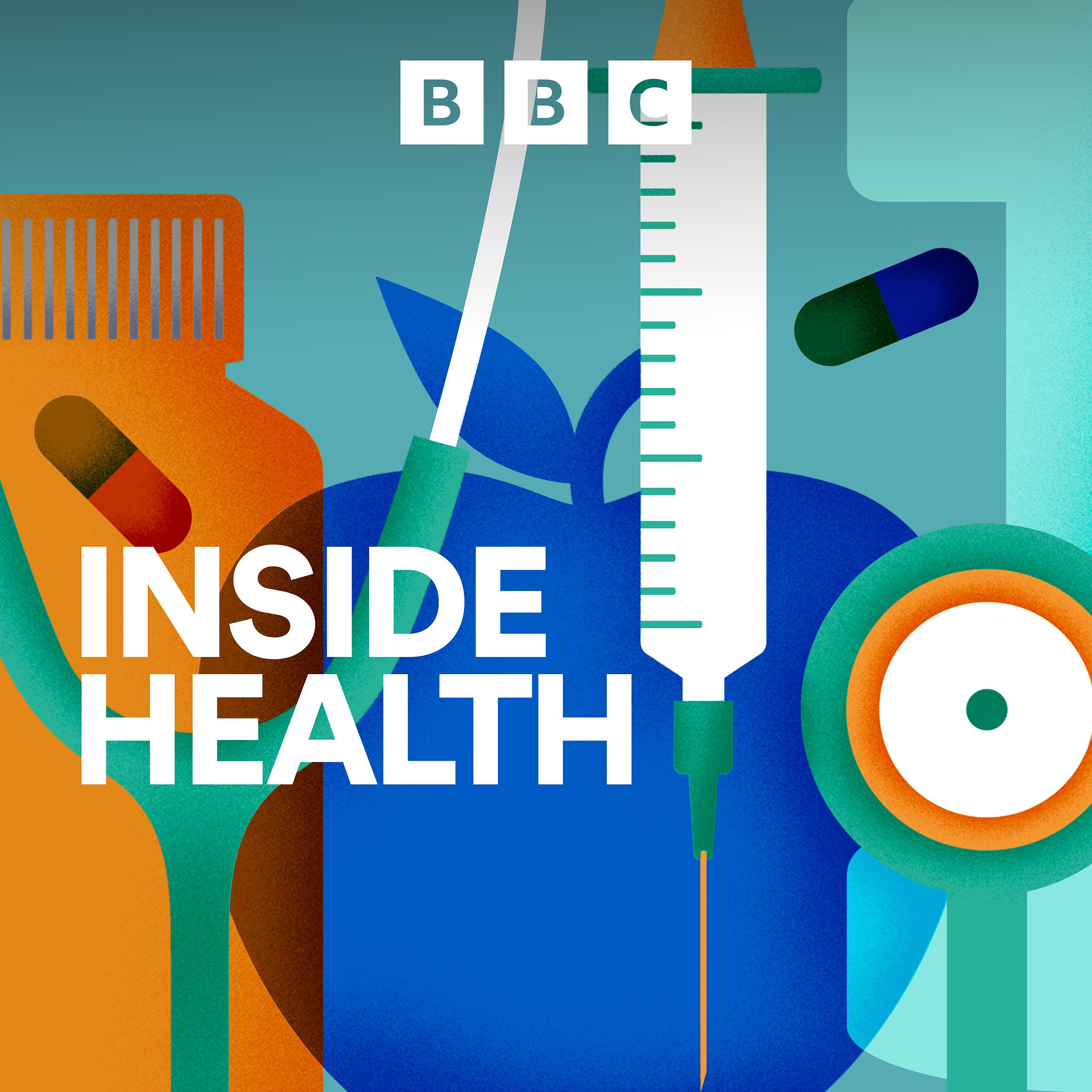

Inside Health
BBC Radio 4
Series that demystifies health issues, separating fact from fiction and bringing clarity to conflicting health advice.
Episodes
Mentioned books

Feb 24, 2015 • 28min
Drug Driving; End of Life Care; Smart Drugs
New drug-driving legislation which comes into force next week applies to some medicines too. Particularly morphine based painkillers taken by hundreds of thousands of people in the UK, many of whom could inadvertently find themselves on the wrong side of the law.And planning for a good death - an Inside Health listener says he believes it's better to die earlier from heart disease than go on to develop cancer later in life. Is he right?Plus as many as 1 in 10 university students in the UK are now thought to be dabbling with smart drugs to help them revise and boost exam performance. Inside Health talks to leading experts about cognitive enhancers.

Feb 17, 2015 • 28min
Heart and Exercise, Smoking and Alcohol, Weight Management, Hepatitis C
After recent headlines that running too much can be bad for your heart, Mark Porter talks to the Medical Director for the London Marathon to get an insider's perspective. A novel psychological approach to weight loss that asks why people are eating too much rather than just giving dietary advice. Plus new treatments for Hepatitis C and statistics showing a reduction in binge drinking in young adults.

Feb 10, 2015 • 28min
Low NHS morale; Flying when pregnant; Sugary drinks & menarche; FGM
With the NHS facing significant and enduring financial pressures, as people's need for services continues to grow faster than funding, what impact is all this having on NHS staff? New advice about flying if pregnant and new research that links drinking one can a day of a sugary drink to an earlier onset of puberty. Plus the sensitive issue of FGM.

Feb 3, 2015 • 28min
NHS Satisfaction Survey; NHS & cancer; Headphones volume; P4 Medicine
Diagnosing Cancer - why does the UK still lag behind much of Europe and what is being done about it? The American dream - personalised medicine based on your genes. Plus do headphones damage hearing?

Jan 27, 2015 • 28min
Drugs link to dementia, Gluten-free, Heart disease in women, Social jetlag, Boilers on prescription
With widespread reports of a link between dementia and commonly used medicines, Inside Health assesses the risks.Why women are more likely to die from heart disease than men with cardiologist, Dr Laura Corr.With more and more people choosing to adopt a gluten free diet, Mark explores the possible health benefits for people who don't have coeliac disease. Is the real problem wheat intolerance, irritable bowel syndrome, or too much hype?Boilers on prescription: a new idea being investigated by one Clinical Commissioning Group.And new research that links having a weekend lie-in with an increased risk of obesity-related diseases, like diabetes.

Jan 20, 2015 • 28min
Mutant Flu, Weight-Loss Surgery, Young Men and Body Image, CVID, Dental Check-ups, Doctors' Example, Dry January Findings
Mark investigates reports that the UK faces an epidemic of "mutant flu".Just a month after NICE calls for more weight loss operations to be done, there are proposals to slash the amount hospitals are paid to do the procedures - a move that could see many hospitals stop offering the operation.Six packs and big guns - there is growing concern about steroid abuse by young men on a quest for the perfect body.And Dry January - Mark looks at the science behind going on the wagon for a month.

Jan 13, 2015 • 28min
Dry January and Nalmefene, PLAC Blood Test for Inflammation, Dental Check-ups
Dr Mark Porter talks to leading experts about treating alcohol dependence with a pill and whether the required counselling services are available to make it work.And Mark finds out the state of his arteries when he has a new blood test to predict his risk of heart attack. Plus what does the evidence tell us about how often to visit the dentist?

Jan 6, 2015 • 28min
A&E in winter, Fruit juice, Opioid drugs and chronic pain, No evidence, Obesity
Should fruit juice be dropped from the 5 a day fruit and vegetable recommendations?A&E in a mild winter - why has the NHS been stretched to near breaking point over the festive period?Dr Mark Porter visits a busy pain clinic to find out why prescribed opioid painkillers for long term non-cancer pain often do more harm than good.And resident sceptic and GP Dr Margaret McCartney outlines her New Year resolutions.

Oct 28, 2014 • 28min
GP incentives; Walk-in CT scans; Hot Flushes feedback; New anti-coagulants
Financial incentives for GPs - do they work? Mark Porter learns there are parallels between the latest £55 to diagnose dementia and an incentive to diagnose depression which didn't work and was dropped. Are walk-in CT Scans a good idea - two experts who authored recent reports address concerns about people arranging their own scans. Hot Flushes feedback; plus the new generation of anti-coagulants offering an alternative to warfarin.

Oct 21, 2014 • 28min
Private hospitals, Hyperbaric medicine, Sick day rules to reduce kidney damage, Warfarin
As more NHS operations are done in the private sector, how much do we know about patient safety in private hospitals? Kits to self-monitor warfarin have been recommended by NICE, so why is the uptake so poor? Hyperbaric medicine - using high doses of oxygen to accelerate healing; And sick day rules - the medicines you should stop taking while you are unwell to reduce kidney damage.


